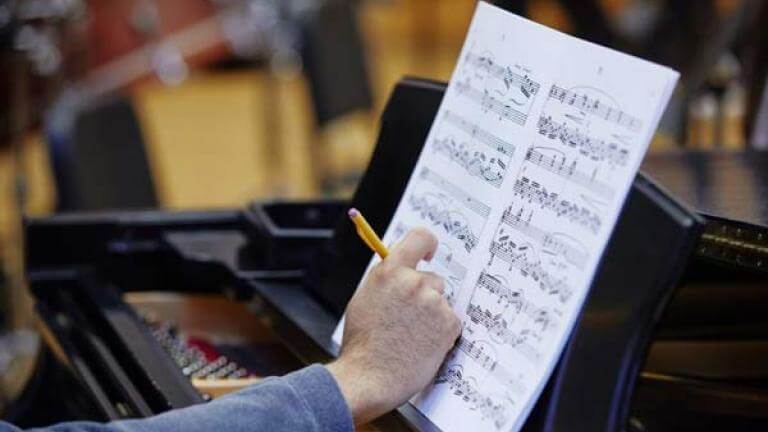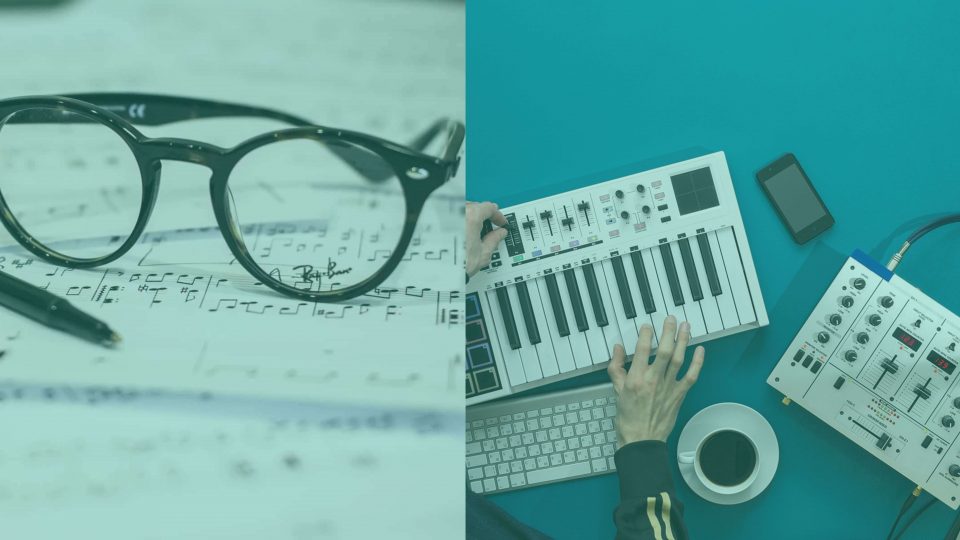How to License Your Music: Music Publishing 101
Artists can increase their royalties exponentially if they get their music licensed. Music publishing is the dedicated sector of the music industry that concerns itself with the rightsholders of music compositions and recorfings. If you’re the registered rightsholder of a song that blows up, it’s pay day for you!
What is Music Publishing?
“Publishing” means making something available to the public. So, in its traditional sense, it means presenting your music to the public and making your music commercially available. For example, uploading your music to streaming sites such as Spotify!
However, music publishing actually refers to the copyright surrounding your music. It’s the component of the music industry that specifically deals with how copyright operates in music. Music publishing organizes royalty distribution by managing who receives royalties for the role they had in the song-making process.
What Does a Music Publisher Do?
A music publisher is an organization that oversees and manages the compositions and recording rights for artists, songwriters, and producers.
They’re responsible for licensing published music by an artist that has licensed their music with the publisher in question.
Should a film, TV, or game production studio approach the publisher and ask for suitable music to feature in their current project (because they do), the publisher will recommend and push fitting music for the project on behalf of the artist!
What Are Composition and Sound Recording Royalties?
When music is bought or streamed, it generates composition royalties. This royalty is specifically made to compensate the composer of the song. It doesn’t compensate whoever is featured in the recording of the song. Composition royalties compensate for whoever wrote the lyrics, melodies, chords, and any other characteristics that make up the song.
The streaming or purchase of a song also generates sound recording royalties. These specifically compensate whoever featured on the recording. Sound recording royalties also compensate people such as the producer of the song as they had a hand in recording the song.
To explain this clearly, let’s use ourselves as an example.
When I write, record produce my own song, and it gets streamed on Spotify or played on the radio, I get both the composition royalties and sound recording royalties. That’s because I composed, featured on, and recorded the version that has been steamed.
If you were a featuring artist on my song but didn’t actually compose any of it then you would also receive sound recording royalties because you’re on the recording.
Should you cover my song, every time your cover is played on the radio, bought by a fan, or streamed then I will only receive the composition royalties. You will receive all of the sound recording royalties, but only for your cover version.
Because I wrote the original track, I own the composition rights of the song forever. Because you didn’t contribute to the writing of my original song, you don’t get any composition royalties. You only own the sound recording rights of your cover version. But, again, if you were a featuring artist on my recorded version then you would receive sound recording rights for my version also.
PRS (Performing Rights Society) is a UK brand that collects and distributes composition and sound recording royalties.

What Are Mechanical Royalties?
When you re-produced my composition, I certainly hope you had a mechanical license for it? If you only streamed it to Spotify, you’re covered!
Every time a composition is re-produced, like when you did your cover, then I receive mechanical royalties as the original composer. As you covered my song, and therefore reproduced my composition, I will receive both composition and mechanical royalties. But you still receive the sound recording rights of your cover.
If you distributed your cover to Canada, Pakistan, Mexico, India, and the US… you would need a mechanical license due to their copyright laws.
However, if you only distributed your cover onto streaming sites/stores such as Spotify, Deezer, Anghami, iHeartRadio, and Pandora… they’ll take care of the mechanical licenses for you. No need to stress!
PRS’s sister company, Mechanical Copyright Protection Society (MCPS), collects and distributes mechanical royalties!
PRS and MCPS both teamed up to create a joint-venture company that streamlines composition and mechanical royalties into one place!
What Are Performance Royalties?
Performance royalties are only collected when a licensed song is played publicly. If a radio station broadcasts my song, or if I perform it at a gig, I would receive performance royalties.
Royalty collection agencies such as PPL, Phonographic Performance Limited, collect the money from the radio station or venue owner on my behalf.
So, let’s talk about how you can get in on the action, shall we?
What Can and Can’t Be Licensed
First, pick a handful of tunes (5 or 6) that you want to have licensed. Make sure you own all rights to the tracks, and make sure all co-authors are on the same page.
Full songs (songs with instrumental and vocals) can be licensed, as well as instrumentals with no vocals.
Copyrighted speeches, songs that include samples from other artists’ work, or any other copyrighted content that you do not own cannot be licensed.
Lyrics with curse words can be licensed, but they’re not always accepted. It may be worth investigating the terms and conditions of the royalty society you’re looking at using.
Audio Fidelity
Your audio should be as high a quality as possible.
Here are some pointers. Check our sample rate and bit depth articles if you want to brush up on your digital audio knowledge!
A bit depth of 24 bit is more desirable than 16 bit.
WAV file types are desired over MP3 file types.
A sample rate of 48kHz over 44kHz for any music that will be used on video because it’s standard for TV/film.
What Metadata Should My Tracks Feature?
Making sure your tracks include the right metadata is very important. This embeds your details into the track which traces the file right back to you.
Things you should include:
- Track name
- Artist name
- Album name
- Genre
- Recording or release date
We recommend adding your email address in the “comments” or “additional information” section to fully secure yourself in that file.
Create a Catalogue Sheet
To manage your licences, it is handy to create a sheet in Google Sheets or Microsoft Excel that catalogues your music.
Here’s a great example from the New Artist Model Blog.

Make sure you include song names, relevant descriptions of each song, and keywords relevant to each individual track. These will be useful when you upload their music libraries and will make them more identifiable for purposes such as film and TV.
Give each licensing opportunity its own column to keep track of where songs are placed.
Now, Register Your Music with a PRO (Performace Rights Organisation)!
As you can see, licensing your music with a publisher is incredibly beneficial. It opens up multiple avenues to receive earnings from your music!
PRS, PPL, and MSCPS are all music publishing agencies that manage royalties for musicians. But these are just the UK bodies. All global PROs communicate and collaborate with one another, so your music is licensed all over the world at all times!
Using copyright-free samples is the surest way to know your song will be approved for publishing.
The sampling revolution has risen in popularity and shaped music since the early 1970s. Sample culture continues to transform how millions of artists and producers do their thing in DAWs.
You too can break conventional norms, challenge the status quo, and open Pandora’s box of sound design.
Mixxed works with a growing number of sample labels and contributors to provide you with an affordable sample subscription service that’s more accessible than any before.
You’ll have access to our growing catalogue of loops, one-shots and sound effects that you can browse, download and keep forever for less than $3 a month.
Sign up today to find your sound!
